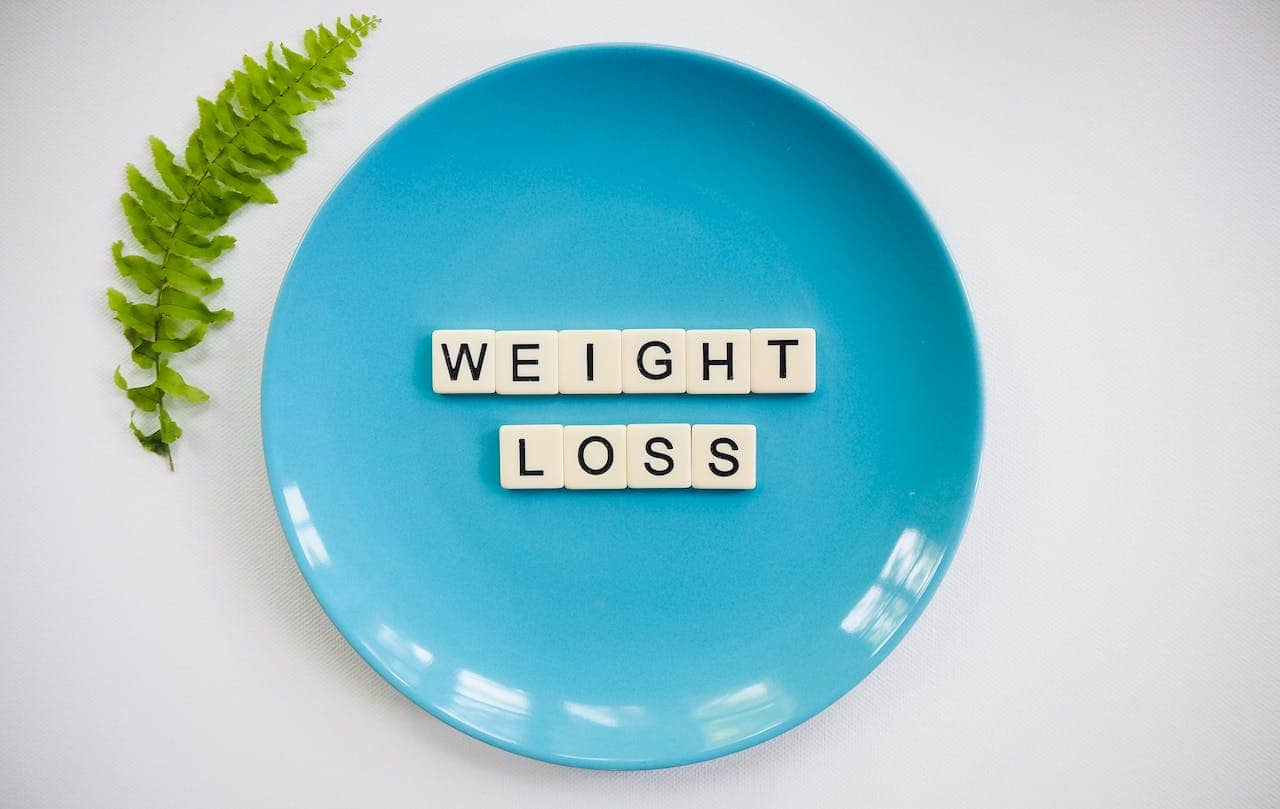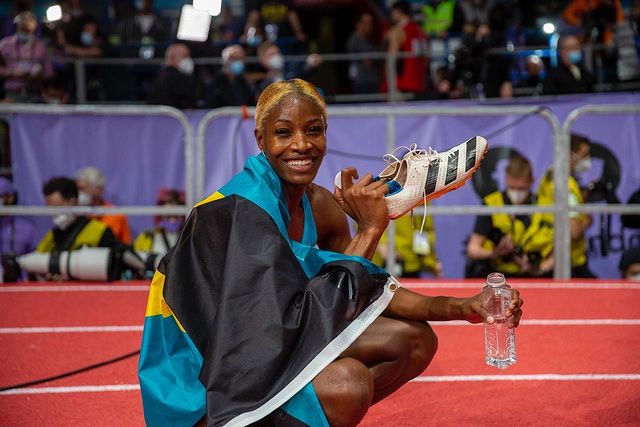Although weight gain isn’t exclusive to a particular race, black people are known to be disproportionately affected by excess weight and obesity. According to the National Library of Science, the Centers for Disease Control and Prevention (CDC) records that, In the U.S., 38% of the population is obese when measured against Body Mass Index (BMI).
Of this population, 37% are African-American men, while 55% are black women. Putting in perspective, 4 out of 5 African American women are obese.
Become an insider. Subscribe to our newsletter for more top trending stories like this!
So why is black health, in particular for women, affected by obesity, and what can they do to manage excess weight gain? Keep reading to learn more.
Grab your water bottle from Amazon.
Obesity and Black Women
Black people’s health and wellness generally face more challenges compared to other racial groups. This is because poverty and racism limit their access to adequate health.
However, the issue of weight among black women isn’t new. In the 19th century, medical practitioners assumed that black women were overweight due to their inability to control their appetite. This was just among the many racial discrimination prejudices about obesity in the black community.
Therefore, although today there’s a campaign about eating healthily for better weight control, it completely ignores other root causes of obesity in the black community. The causes affecting black health include:
- High-stress levels- Studies have shown that stress can lead to unhealthy weight gain. Black people are more exposed to chronic stress due to racism, historical trauma, and violence in the neighborhood.
- Social-economic factors- Factors like poverty limit access to healthy food options that may promote healthy weight control.
- Postpartum weight retention- A study found that black women are more prone to retaining postpartum weight than white women.
- Social-cultural factors- The preference for having a curvier body in the black community may be a contributing factor to excessive weight gain.
Understanding the cause of obesity in black health can help formulate effective strategies for managing excessive weight gain. Otherwise, we’ll remain in a continuous weight gain and loss cycle. These four strategies below will further dissect some of the root causes.
Read Also: 6 Best Fitness YouTubers From the African-American Community
Use a Holistic Approach to Managing Your Weight
A holistic approach to anything involves considering the body, mind, and spirit. As mentioned above, weight gain in black people is multifaceted. It therefore can’t be left in the hands of healthy eating only. That isn’t enough.
If, as a black person, you are looking to manage excessive weight gain, you want to mind your body by, say, working out and eating well.
The approach also considers socioeconomic factors that could contribute to weight gain. For example, if you don’t have access to groceries that sell whole foods, you can seek help from communities or involve other people in creating a permanent solution.
Consider Taking Low-glycemic Diets
Studies and experiments have been done to prove that black people secrete more insulin, and it takes more time to clear from the bloodstream, unlike white people.
Insulin is only produced in response to sugar. The hormone signals the body to store sugar as fat for energy reserves. Therefore, the consumption of foods loaded with sugar affects black health. People with high insulin secretion and low clearance are likely to accumulate more body fat than those with low secretion and high clearance.
Become an insider. Subscribe to our newsletter for more top trending stories like this!
As a black person, you want to avoid foods with excess sugar. One of the ways you can do this is by reading labels before purchase. Avoid foods with added sugars. Experts advise that women take under six teaspoons of sugar a day and men nine to maintain a healthy weight.
Incorporate More Whole Meals in Your Diet
Whole meals like lean proteins, vegetables, whole grains, and fruits are nutritious and satisfy you for longer, which helps with portion control.
The thing about diet is that it’s what you eat, how much, and when. Nutritionists advise that you aim to eat at the same time daily to build consistency in your body and metabolism.
Adding more vegetables to your meal can help you save at least 150 calories. Similarly, lean proteins like fish, poultry, and lean meat contain high-quality protein that helps keep you full for a long time. Foods with fiber and taking lots of fluids will also help with a calorie deficit.
Read Also: Obesity in African American Youth: 5 Factors That Contribute to Weight Gain
Workout in a Community
While working out alone works, being in a community of like-minded people can speed up weight management and make it even easier. For starters, because factors beyond nutritional health lead to excessive weight gain in black health and wellness, having a community may mean that the workout routines are structured to favor black people’s bodies.
Secondly, you may find more weight management knowledge and information in the community. Something you may not have access to while alone. Being around people with the same goal may also be a source of inspiration when the journey gets tough. It’s a good space to get accountability partners and people to share experiences with.
Although there’s a prejudice surrounding obesity and black health, the truth is excess weight, when not managed, can cause a myriad of conditions. This includes diabetes, cardiovascular conditions, and hypertension, among others.
Therefore, as a community, it’s good to understand our history and root cause of excess weight and what you can do to manage it. These four factors above are an excellent place to start if you are looking to embark on a journey of black health and wellness in weight matters.
Nearly 80% of consumers visit directories with reviews to find a local business. List your business for free in our exclusive Spotcovery Black-Owned Business Directory.
Spotcovery offers unique and fresh daily content on Black culture, lifestyle, and experiences. We talk about everything black, black people, black-owned and black-owned businesses. We also deliver authentic and relevant content that will inform, inspire, and empower you! The future of black media is critical to today’s black experience! Our primary audience includes African Americans, Africans, Afro-Caribbean, and people of African heritage. Black culture is for the culture!
Become an insider. Subscribe to our newsletter for more top trending stories like this!





